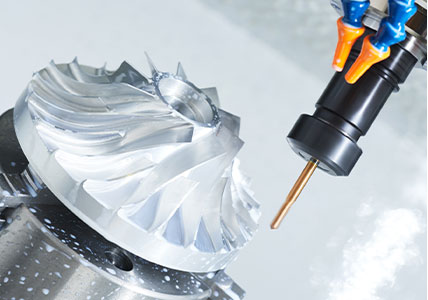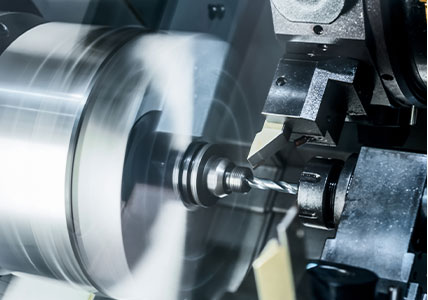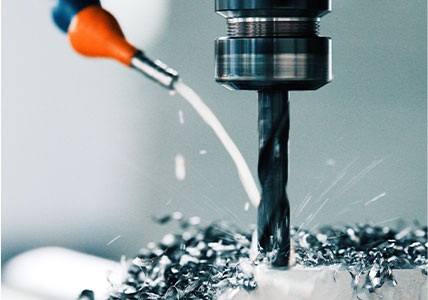Electronic devices are ubiquitous in both personal and professional life. However, not everyone is familiar with the various processes involved in manufacturing the different electronic components they use. CNC machining is the most common rubber rapid prototyping method used to manufacture electronic component prototypes and final products.
Wide material support: CNC machining is a process that is applicable to a wide range of materials. Electronic components use different types of materials, which is why rapid prototyping processes are employed.
High precision: CNC machining offers extremely high precision. Therefore, it is suitable for machining small and custom precision parts, which can make up larger electronic components or assemblies such as the aluminum casing of a laptop. Additionally, the tight tolerances offered by machining centers mean that machined parts typically require minimal post-processing for final use.
High reliability: The high reliability of CNC machining means that electronics manufacturers utilize this technology for small- and large-scale production runs of electronic components, such as CNC automation parts. This is in addition to prototyping various components.
Shortened production time: The production time for electronic component machining is also short. Complex tooling is not required. Furthermore, even with the short production time, CNC machining can produce higher-quality electronic components compared to other rapid-cycle technologies such as 3D printing. For all these reasons, CNC machining is highly suitable for prototype design and production of electronic device components, ranging from simple handheld devices to expensive industrial equipment.
Many electronic devices are designed to work in synergy with other devices. Think of USB keyboards and mice designed for computers or electronic instruments designed to plug into amplifiers or mixers. These connectable devices require metal connectors and sockets to facilitate device or cable connections. CNC machining plays a crucial role in the manufacturing of these connectors and sockets. This is because it excels at cutting small metal parts to very tight tolerances. The tolerances guaranteed by this technology are essential because if the pins of a connector or the circumference of a socket do not meet the required tolerances, the connection between devices may fail.
This category of machined parts includes sockets, contacts, sleeves, covers, and dowels, many of which are suitable for processing with copper alloys. CNC machining is an ideal choice for one-off devices or short-term production runs as the CNC machines can process highly conductive metals.



